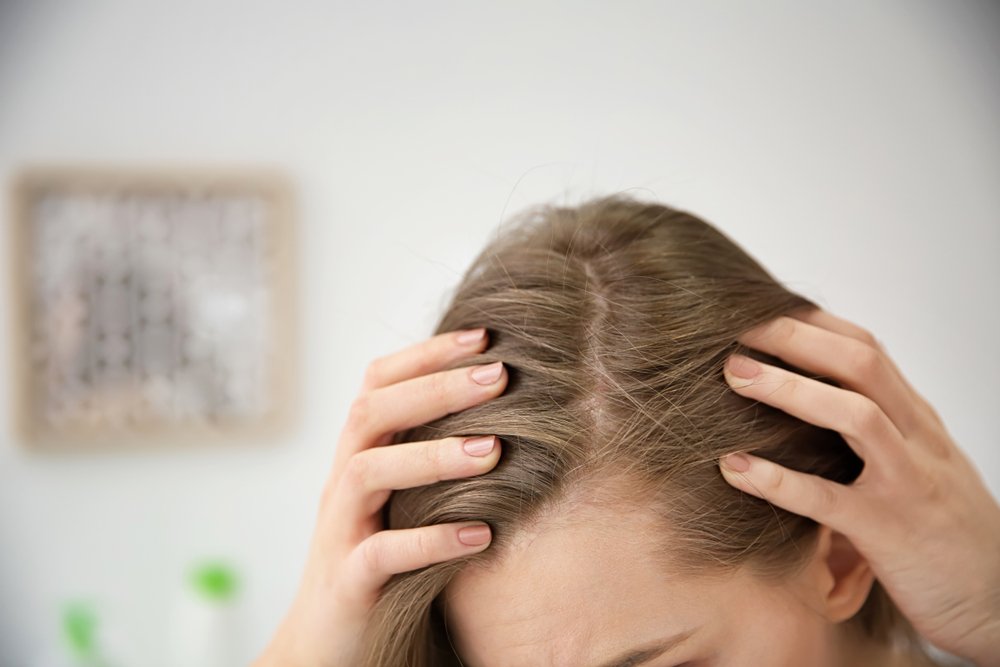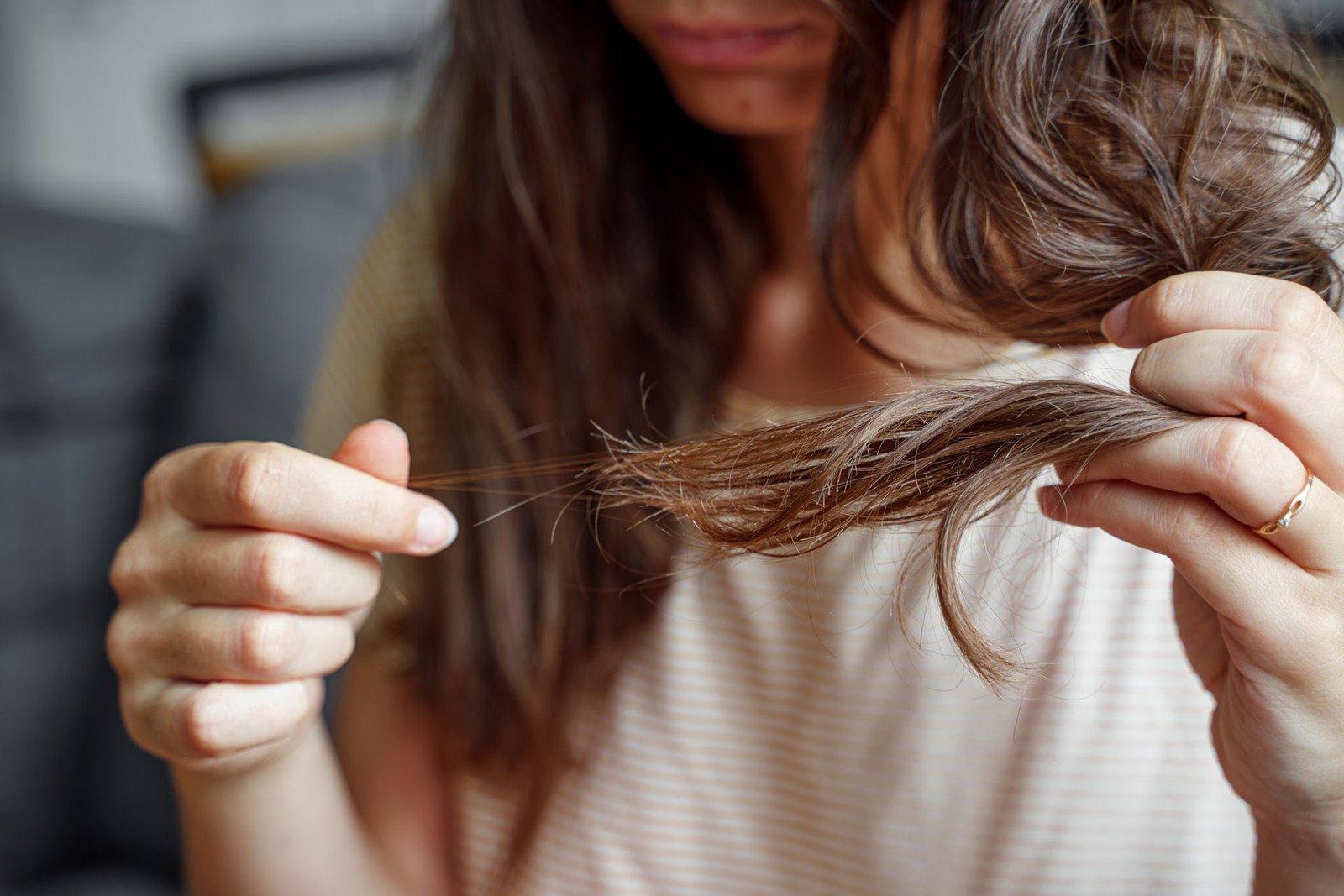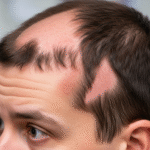Summary Methamphetamine use can lead to significant hair loss, causing distress for many individuals. This blog explores the science behind methamphetamine hair loss, its causes, effective treatments, and expert tips on recovery. By understanding the process and taking the right steps, you can begin your journey toward regaining a healthy scalp and hair. Introduction If …
Summary
Methamphetamine use can lead to significant hair loss, causing distress for many individuals. This blog explores the science behind methamphetamine hair loss, its causes, effective treatments, and expert tips on recovery. By understanding the process and taking the right steps, you can begin your journey toward regaining a healthy scalp and hair.

Table of Contents
Introduction
If you’ve been struggling with hair loss after using methamphetamine, you’re not alone. Methamphetamine hair loss is a common issue due to the drug’s harsh impact on the body. This article explains the causes behind methamphetamine-related hair loss, how to manage it, and offers effective recovery methods. By reading this guide, you will discover how to regain healthy hair, prevent further damage, and understand recovery timelines from expert perspectives.
Methamphetamine hair loss can be reversed with the right care and treatment—learn more to start your recovery journey.
What is Methamphetamine Hair Loss?
The Science Behind Methamphetamine-Induced Hair Loss
Methamphetamine affects the body in numerous harmful ways, one of which is hair loss. The drug causes a surge of stress hormones, such as cortisol, which disrupts the hair growth cycle. Under normal circumstances, hair goes through three phases: anagen (growth), catagen (resting), and telogen (shedding). Methamphetamine use accelerates the telogen phase, causing premature shedding and thinning of hair.
How Methamphetamine Affects Hair Follicles and Growth
The drug also harms the hair follicles directly. It restricts blood flow to the scalp, depriving hair follicles of the oxygen and nutrients necessary for healthy hair growth. Over time, this leads to weaker follicles, making hair more prone to breakage and loss.
Causes of Hair Loss from Methamphetamine Use
Direct Impact of Meth on the Hair Growth Cycle
Methamphetamine disrupts the natural hair growth cycle, pushing the hair into a state of premature shedding. As a result, hair falls out more rapidly than it can regenerate. This process, known as telogen effluvium, is typically temporary, but chronic use can lead to permanent damage to the hair follicles.
Methamphetamine and Nutritional Deficiencies
Prolonged use of meth often leads to neglect of nutrition and overall health. Meth users often experience appetite loss, which results in insufficient intake of essential nutrients like vitamins and minerals (e.g., biotin, zinc, and iron) crucial for hair health. Deficiency in these nutrients exacerbates hair loss.
The Role of Stress and Anxiety in Hair Loss
Methamphetamine can also induce severe anxiety and stress, which are major contributors to hair loss. Stress causes an imbalance in the body’s hormone levels, further disrupting the hair growth cycle and leading to increased shedding.
How to Prevent and Manage Methamphetamine Hair Loss
Effective Treatments for Restoring Hair Growth
- Medical Treatments:
Minoxidil, a topical treatment, is one of the most commonly used medications to encourage hair growth. It works by revitalizing shrunken hair follicles and promoting thicker, healthier hair. Finasteride, a prescription drug, can also be used to block the hormone responsible for hair loss. - Natural Remedies and Lifestyle Changes:
A balanced diet rich in vitamins A, C, and E, biotin, and omega-3 fatty acids can aid in regrowing hair. Regular scalp massages can increase blood flow, while avoiding heat treatments and harsh chemicals can help maintain the health of the hair.
Hair Transplants and Restoration Options
For those with more severe hair loss, a hair transplant may be the best option. Follicular unit extraction (FUE) and follicular unit transplantation (FUT) are two common hair restoration procedures. These procedures involve transplanting healthy hair follicles to bald or thinning areas, offering permanent solutions to hair loss.
Mental Health and Stress Management
Since stress is a significant factor in methamphetamine hair loss, managing mental health is crucial for recovery. Techniques such as meditation, therapy, exercise, and adequate sleep can help reduce stress levels and support hair regrowth.
Expert Recovery Tips for Methamphetamine Hair Loss

Safe Recovery Timeline and Precautions
Hair recovery from methamphetamine-related loss can take time. While some may notice new hair growth within a few months of starting treatment, full recovery may take 6-12 months. It’s important to follow a hair care regimen and avoid stressors that could interfere with the recovery process.
When Can You Resume Normal Activities?
While recovering, it’s advisable to avoid intense physical activities that could lead to sweating or friction on the scalp. However, light exercises such as walking can improve circulation, which helps promote hair regrowth.
Expert Opinions on Hair Care During Recovery
Hair experts suggest using mild shampoos and conditioners that do not strip the scalp of its natural oils. Avoid tight hairstyles that put unnecessary stress on the hair, and consider using silk or satin pillowcases to reduce friction while sleeping.
FAQs
Can Methamphetamine Use Cause Permanent Hair Loss?
While the effects of methamphetamine on hair are often reversible, prolonged use can cause permanent damage to hair follicles, resulting in permanent hair loss.
What Are the First Signs of Methamphetamine-Induced Hair Loss?
Initial signs include increased shedding and thinning of hair, which may be more noticeable in the scalp area. Some users may also experience patchy bald spots.
How Long Does It Take to Recover from Methamphetamine Hair Loss?
Recovery time varies, but many individuals begin to see improvements in hair density within 6 months of stopping meth use and starting treatments.
Can Hair Grow Back After Stopping Meth Use?
Yes, if the damage isn’t severe and proper treatment is followed, hair can regrow after stopping meth use. Early intervention is key.
What Are the Best Hair Products for Recovery?
Look for products containing biotin, minoxidil, and caffeine. These ingredients stimulate hair follicles and promote healthy hair growth.
Conclusion:
Methamphetamine hair loss is a distressing side effect of drug use, but with the right treatment and support, recovery is possible. Whether through medical treatment, natural remedies, or a hair transplant, you can regain a full head of healthy hair. Remember, patience is key in the recovery process, and seeking professional help is an essential step in the journey.
Ready To Take YOur Next Step
Book a consultation today with our expert specialist in Islamabad to discuss personalized hair restoration options and start your journey to recovery!






